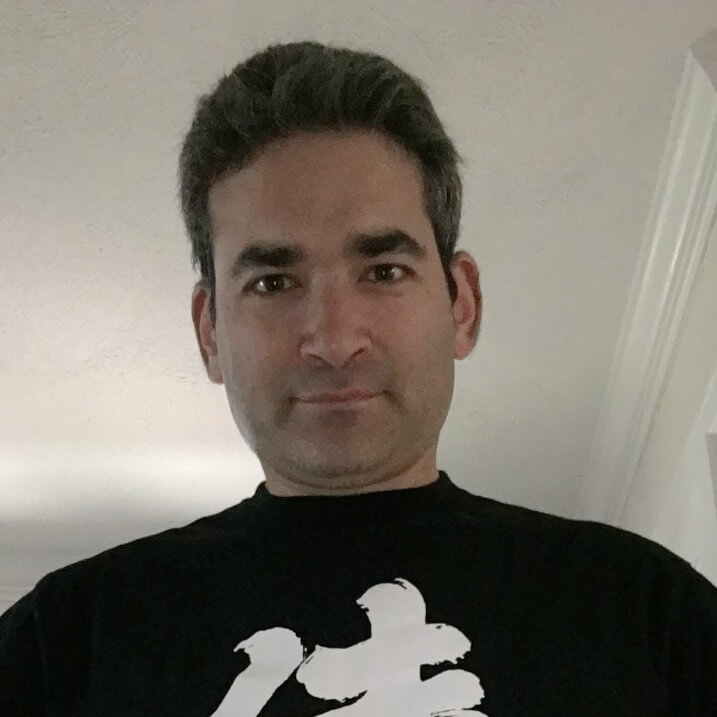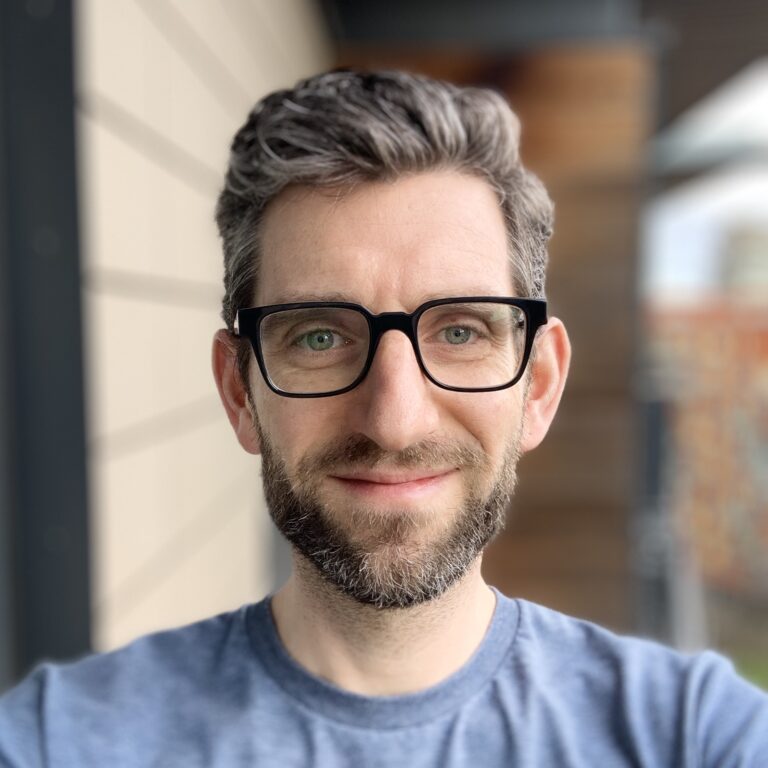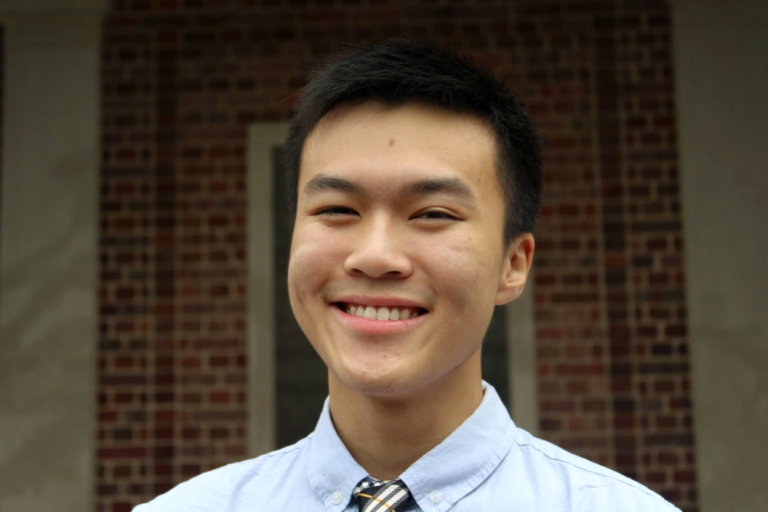Deaf STEMist Network
Filters
Adam Munder
CEO and Co-Founder
Comm-Verse (an Intel Company)
Location
Phoenix, AZ, USA
Interests
Nano-fabrication, System Architecture, Systems Engineering, AI, Deep Learning, Computer Vision System
Adam Skwersky
Software Architect
HCL
Location
Marlborough, MA, USA
Interests
Computers. Robotics. Mechanical Engineering.
Adam Stone, PhD
Director, Analytics Engineering
Brooklyn Data Co.
Location
New York, NY, USA
Interests
Analytics engineering, Data science, Data analytics, Neuroscience, Language acquisition
Winding career path but here goes:
- B.S. in professional & technical communication @ RIT
- Bounced around for a while @ San Diego/Washington DC/Sri Lanka
- M.A. in ASL-English bilingual education @ UCSD
- ASL-English bilingual elementary teacher @ NYC schools
- Ph.D. in Educational Neuroscience @ Gallaudet
- Postdoc in eye gaze & early language experience @ UCSD
- Data science & analytics engineering @ assorted tech companies
- People/technology leader @ assorted tech companies
Ainsley Latour
Clinical Genetic Technologist, background in molecular ecology and evolution
Kingston General Hospital
Location
Kingston, Ontario, Canada
Interests
Biology, medical genetics, molecular ecology
Alex Lu
Senior Researcher
Microsoft Research
Location
Cambridge, MA, USA
Interests
Computational Biology, Machine Learning, Computer Science, Artificial Intelligence
I’m a Senior Researcher at Microsoft Research New England. I lead a research program around the application of artificial intelligence and machine learning to big biological datasets.
Modern biological experiments generate an unprecedented amount of data. How do we discover new biology when we have millions of microscopy images or protein sequences, and it becomes impossible to look at data at a one-by-one basis anymore? My research develops machine learning methods for discovering hypotheses in biology.
I have broad research interests, but central themes include:
- Reducing effort and bias in applying machine learning: The best-performing machine learning methods often require a large volume of labeled training data. Not only is this time-consuming, but it biases models to be more sensitive to biology we have prior knowledge of – we might not be able to discover unknown biology, since we can’t label it. To address these barriers, I focus on self-supervised machine learning methods.
- Learning relevant signal without direct specification: In biology, one scientist’s signal is another scientist’s noise: different biologists simply have different questions and are interested in learning different things from even the same data. I research how we can train machine learning models to extract relevant biological signal from data (even when we don’t know how to directly specify this), and robust to non-biological noise.
- Interpretation and visualization: After we’ve trained a model, how do we extract insights? I’m interested in how we can use interpretation and visualization techniques to identify new biological hypotheses.
Alexander Lin
PhD Candidate
UT Austin
Location
Austin, TX, USA
Interests
Synthetic Biology, Tissue Engineering, Cell Adhesion, Mechanobiology
Are you curious who the scientists, technologists, engineers, and mathematicians (STEMists) in our community are? Look no further! This is the place for you to search and connect with fellow STEMists.
Are you a STEMist? Come and join the network (deaf, deafblind, deafdisabled, hard of hearing, late-deafened, hearing impaired, and CODAs welcome)!





